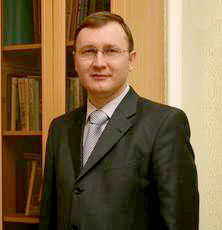ISSN: 2073-2635
eISSN: 2949-270X
eISSN: 2949-270X

Background. The relevance of this study is explained by the fact that Russian system of higher teacher education is experiencing a historical turning point. Pilot projects conducted in order to reform the system of teachers raining at universities of different types (Moscow State Pedagogical University and Baltic Federal University) actualize the issue of the optimal path for the development of this system. In this context, the study of the historical development of teacher education is extremely important for understanding the current state of the national teacher training system.
Objective of this article is to provide a historical justification for the duality of the national pedagogical system, which influences its current state and the prospects for future development.
Data Sources. Reviews, regulatory and programme documents on the organization of Russian pedagogical education in the pre-revolutionary, Soviet and modern periods, as well as scientific works on the history of the teacher training were considered.
Results. Methodological dualism was initially embedded in the methodology of pedagogical education in Russia, starting from the 18th century. It defined the long-term confrontation between the competence-based and fundamental approaches in teacher training. The history of teacher training demonstrates examples not only of the dominance of one of the approaches in educational practice, but also of a reasonable consensus between them in different historical periods.
Conclusions. In the history of teacher education in Russia, two leading trends can be traced in the creation and reform of teacher training institutions: the training of teachers in classical universities and the development of specialized pedagogical educational institutions.


